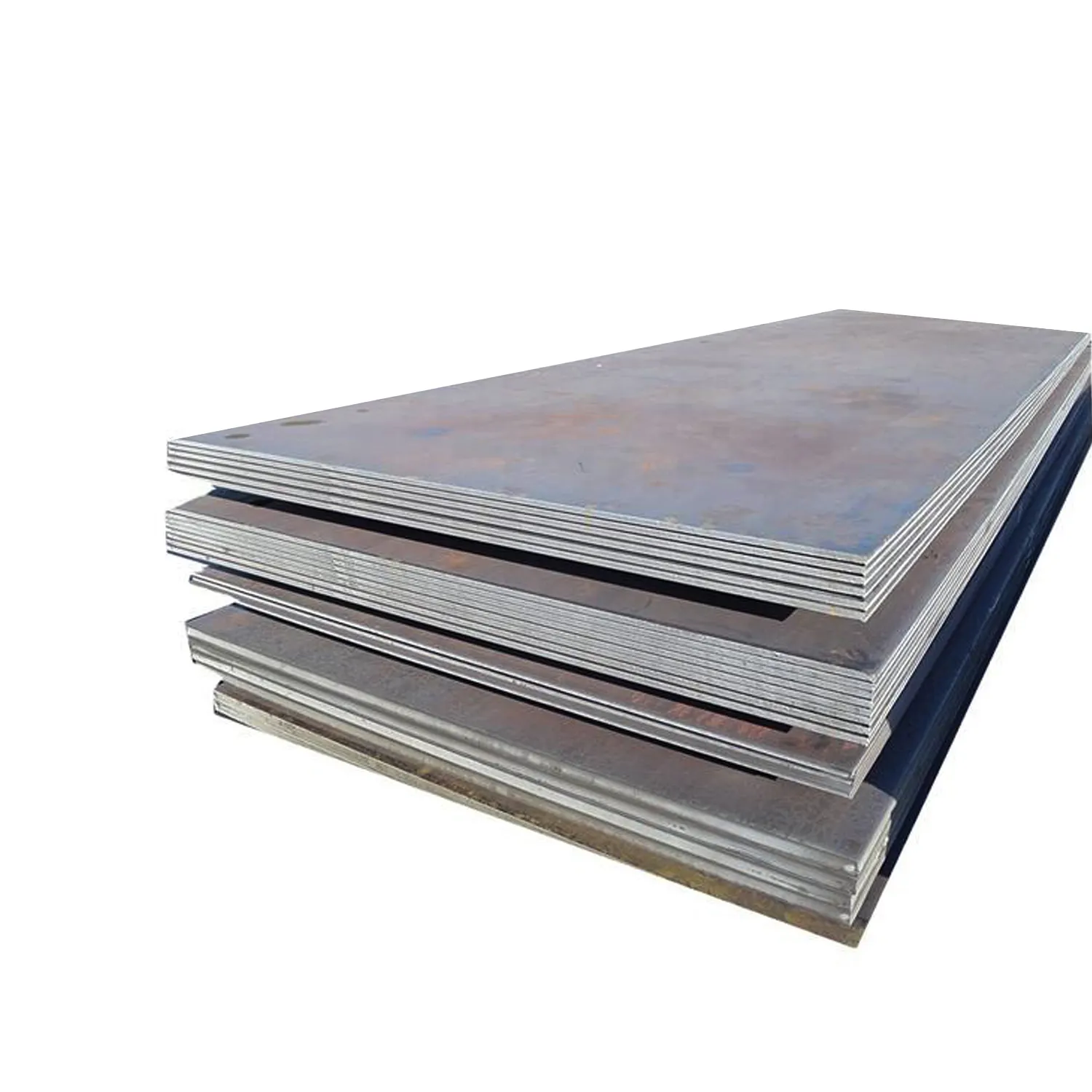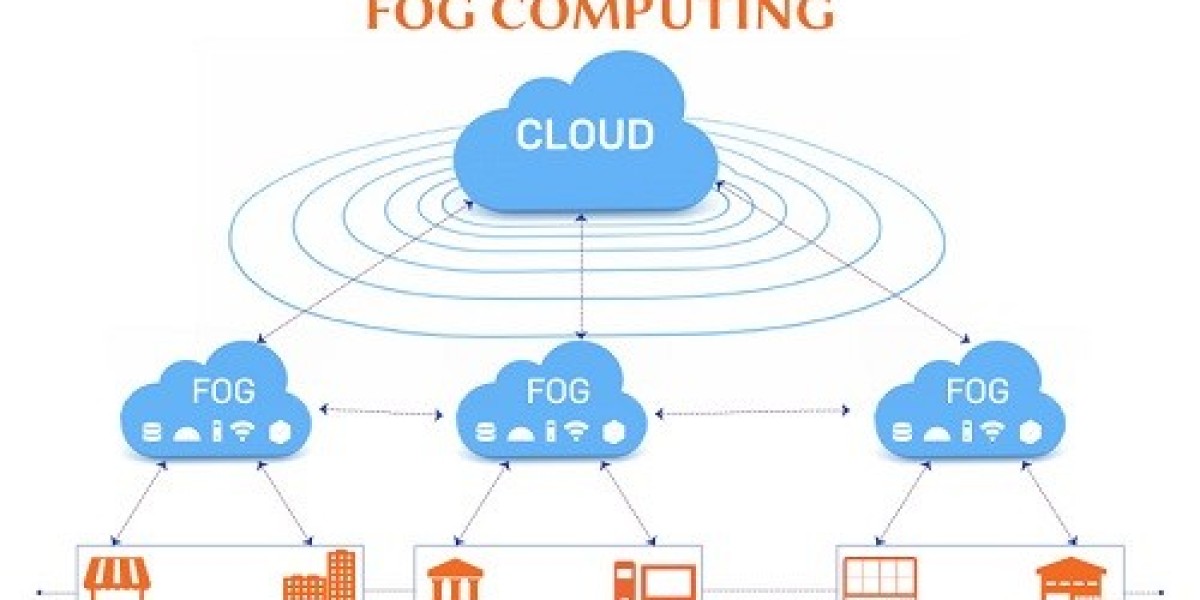In an era where energy efficiency and sustainability define the future of architecture, thermal insulation boards in buildings have emerged as one of the most effective solutions for reducing energy consumption and improving indoor comfort. Whether in residential, commercial, or industrial construction, the use of advanced insulation materials has become essential for optimizing performance and minimizing environmental impact. Among the industry leaders in this field, Baichuan Energy stands out for its commitment to innovation, precision engineering, and high-quality thermal insulation solutions that align with global green building standards.

1. Understanding the Role of Thermal Insulation Boards
Thermal insulation boards serve as a protective layer that minimizes heat transfer between the interior and exterior of a building. By maintaining stable indoor temperatures, these boards significantly reduce the need for excessive heating or cooling, thus lowering energy bills and improving overall energy efficiency.
The performance of an insulation board is determined by its thermal conductivity (λ-value)—the lower this value, the better its insulating capability. Materials like extruded polystyrene (XPS), expanded polystyrene (EPS), and polyisocyanurate (PIR) are commonly used for their excellent thermal resistance and durability.
In modern construction, insulation boards are applied to various building components—walls, roofs, floors, and facades—to create a continuous thermal envelope. This not only prevents thermal bridging but also enhances the building’s airtightness, leading to superior comfort and reduced energy losses.
2. The Advantages of Using Thermal Insulation Boards in Buildings
Energy Efficiency and Cost Reduction
The most apparent benefit of thermal insulation boards is energy saving. Buildings lose up to 40% of their energy through poor insulation. By installing high-quality insulation boards from Baichuan Energy, property owners can achieve significant reductions in heating and cooling demands, translating directly to lower energy costs.
Enhanced Indoor Comfort
Thermal insulation boards maintain a consistent indoor temperature, eliminating cold drafts in winter and excessive heat in summer. This stable thermal environment enhances occupant comfort and productivity, especially in office and residential settings.
Environmental Sustainability
As global regulations push for carbon neutrality, Baichuan Energy’s insulation solutions help builders comply with international standards such as LEED, BREEAM, and ISO 14001. The use of recyclable and low-emission materials supports the sustainable development goals of modern architecture.
Moisture and Fire Resistance
High-performance insulation boards are designed not only for thermal control but also for moisture resistance and fire safety. Baichuan Energy’s thermal insulation boards are engineered with special surface treatments that prevent water absorption and reduce the risk of mold growth, while also meeting stringent fire-retardant classifications required by international building codes.
3. The Role of Baichuan Energy in Advancing Building Insulation Technology
With decades of expertise in materials engineering and building technology, Baichuan Energy has established itself as a trusted provider of high-performance insulation systems. The company’s R&D efforts focus on combining thermal efficiency, mechanical strength, and eco-friendliness to create insulation products tailored for diverse construction environments.
Baichuan Energy’s thermal insulation boards are widely used in:
Commercial buildings – ensuring consistent HVAC performance and long-term energy savings.
Residential projects – improving comfort and reducing utility costs.
Industrial facilities – maintaining stable process temperatures and reducing energy waste.
By integrating automation, precision manufacturing, and rigorous quality control, Baichuan Energy ensures that each insulation product meets the highest international standards, delivering superior durability and reliability.
4. Future Trends in Building Insulation
The future of building insulation lies in smart materials and integrated building systems. Developments such as nanotechnology-based insulation, vacuum insulated panels (VIPs), and phase change materials (PCMs) are set to redefine the industry’s approach to energy efficiency.
Baichuan Energy continues to innovate in this direction, investing in next-generation materials that enhance both thermal performance and environmental compatibility. By combining intelligent design and advanced manufacturing, the company contributes to the realization of energy-efficient, sustainable, and comfortable living environments worldwide.
Conclusion
The adoption of thermal insulation boards in buildings is no longer optional—it’s a necessity for modern, efficient, and environmentally responsible construction. As governments and developers seek to reduce carbon footprints and energy costs, companies like Baichuan Energy are leading the way with advanced materials and integrated insulation solutions. Through innovation and expertise, Baichuan Energy continues to shape the future of sustainable building technology.
For more product details, please visit:
Thermal Insulation Board in Buildings – Baichuan Energy
https://www.yuantairunde.com/the-impact-of-thermal-insulation-boards-in-modern-construction.html







